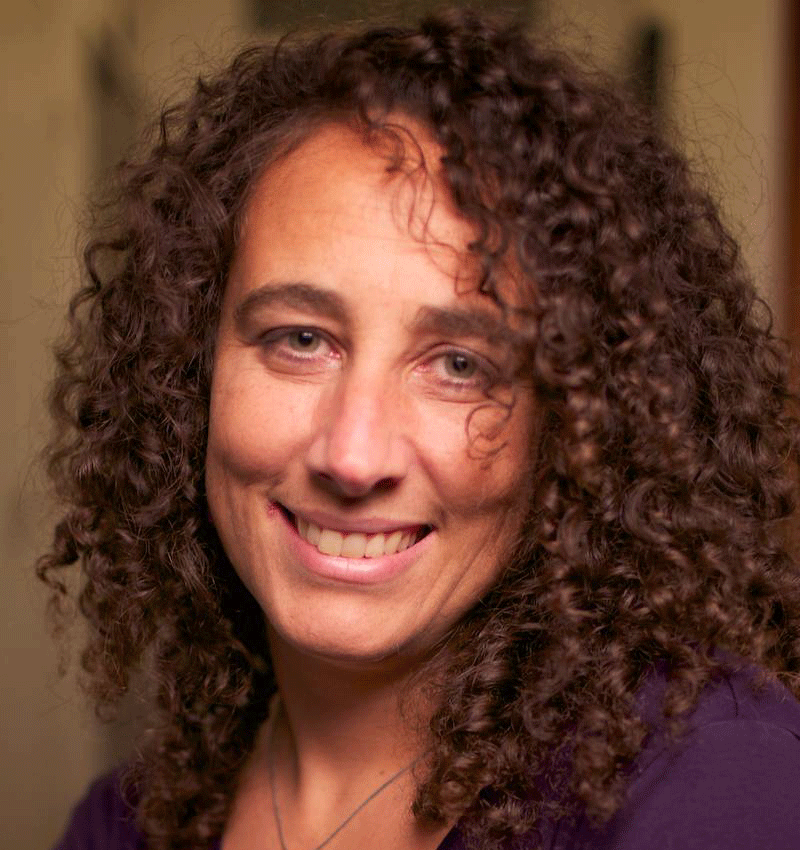Kendall Lowery ’22
Editor-in-Chief
On the morning of March 15, Andrea Ritchie was officially announced as the commencement
speaker for Scripps College’s class of 2022. Ritchie is known for her work researching, documenting, and organizing around the policing and criminalization of Black women, girls, trans, and gender nonconforming people. She is a renowned researcher, and has written several books, including “Invisible No More: Police Violence Against Black Women and Women of Color,” “Say Her Name: Resisting Police Brutality Against Black Women,” “Queer (In) Justice: The Criminalization of LGBT People in the United States,” and “No More Police: A Case for Abolition,” which will be published in June of this year.
Ritchie is also currently in residency at the Claremont Intercollegiate Feminist Center, where she has been leading a seminar in feminist activism and organizing a conference on prison abolition which will take place on April 8 through April 10. The conference, titled “Abolition is Feminism, Feminism is Abolition,” will foster conversations among abolitionist scholars, feminist policy advocates, and organizers on how the historical interaction between feminism and abolition, feminist visions for safer communities, and policy work to enact those visions.
Senior Class Co-Presidents Uma Nagarajan-Swenson and Elizabeth Howell-Egan led the search for this year’s commencement speaker, and expressed feelings of pride and resonance with its outcome. “We’re super excited, one could say thrilled, about Andrea Ritchie being our commencement speaker,” said Nagarajan-Swenson. “She was one of the first people who came to mind for me and Liz when we were trying to figure out who to ask, she was the first person we formally asked, and we’re thrilled that she agreed. Especially considering that she’s going to be on campus this spring doing her residency, and is such an amazing figure in advocating for an organizing for women of color and queer and trans people of color.”
To kick off the process, Nagarajan-Swenson and Howell-Egan collected student suggestions and brainstormed their own. “Liz and I live together so it’s very easy to chat about these things,” said Nagarajan-Swenson.
The co-presidents also advocated for a key change to the process that significantly opened up the potential options for commencement speakers: paying the speaker with an honorarium through SAS.
The lack of previous compensation may be attributed to a current policy at Scripps that prevents the payment of an honorarium. Therefore, in past years, commencement speakers were usually found through personal connections within the network of the graduating class, and the speakers were often doing a favor for a specific student. This limited the pool of potential candidates considerably. “The fact that we were able to pay Andrea an honorarium because of SAS… definitely changed our ability to think of speakers we specifically wanted, and speakers we thought would be impactful,” said Nagarajan-Swenson.
While the co-presidents have been successful in finding compensation for Ritchie, they are hopeful that underclassmen will continue fighting this policy following their graduation. “We can’t go back to not giving an honorarium,” said Nagarajan-Swenson. “I think SAS would be open to continuing to pay it — we’ll have to see what the new board brings. But… it was a big priority of ours, especially earlier in the year as we’re starting this process to make sure that it’s known that we should be paying our speaker, and that’s just kind of the bare minimum.”
More information about Ritchie’s upcoming conference can be found on the Intercollegiate Femi- nist Center’s website. Registration is required, but the conference is free and open to the public, will be livestreamed, and ASL and Spanish interpretation will be available for Keynote Conversation and Saturday sessions.



